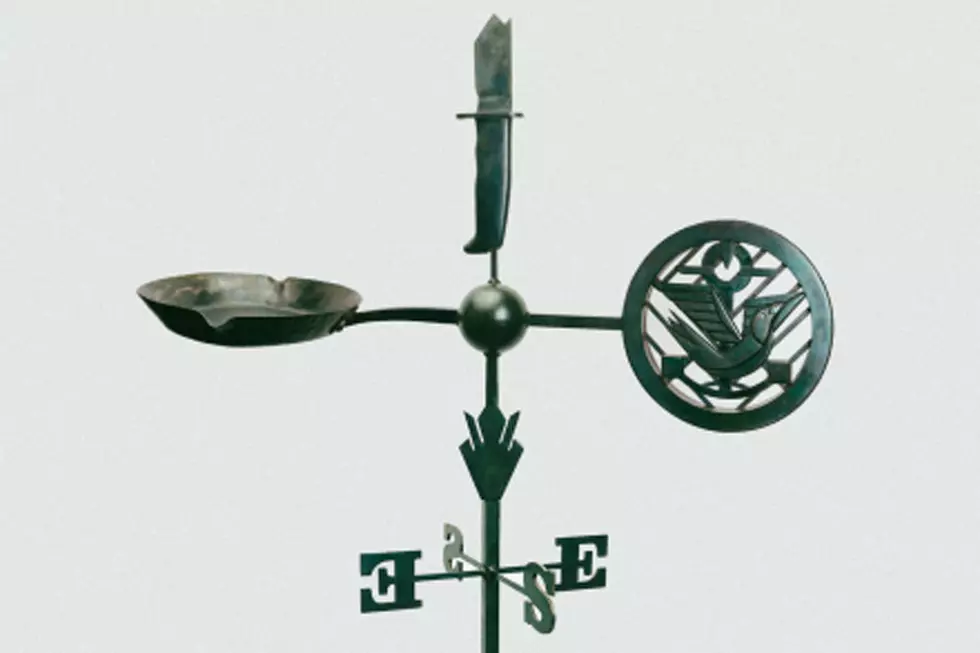
Jason Isbell and the 400 Unit, ‘Weathervanes': Album Review
Jason Isbell has built a career by linking relationships, Southern living and the messy issues of life to the past. They're all interlocking, with the dividing lines between them blurred by the passage of time. One life ends – addictions are kicked, war claims another soul, signatures seal a divorce – as a new one starts. It's a common theme found in Isbell's work, reaching back to his debut recordings on the Drive-By Truckers' Decoration Day.
Weathervanes, the eighth album with his backing band the 400 Unit, doesn't stray far from this path. If 2020's Reunions was about celebrating sobriety and family, with road maps pointing out the rocky terrain along the way, Weathervanes is a survey of life post-redemption. Isbell still has his struggles, and nothing is ever taken for granted, but the happiness he settles into here seems more earned than ever. "What's the difference in a breakdown and a breakthrough?" he asks in the opening song, "Death Wish." You get the impression he's not expecting answers.
Likewise, the characters of the album's 13 songs – some autobiographical, some share only incidental traits with Isbell – aren't necessarily seeking anything other than the opportunity to get a few things off their chest. "Don’t ask too many questions or you’ll never get to sleep," Isbell advises in highlight "Cast Iron Skillet," which dispenses life lessons like those of Decoration Day's "Outfit," 20 years removed and with more heartbreak.
Life is still a work in progress for Isbell; opportunities to learn and grow are never far from the regrets and broken relationships on Weathervanes. From the defeated protagonist of "King of Oklahoma" to the lonely bar hookup proposed in "If You Insist," nobody leaves unscarred but better from the experience. As he sings in "Middle of the Morning," "I try to be grateful for my devils."
The warmness of the music – blanket-tight organ, guitar soaked in reverb, Isbell's honeyed voice up front – helps temper all the despair and broken souls. If the excellent Weathervanes doesn't quite reach the heights of his twin triumphs Southeastern (2013) and Something More Than Free (2015), the faces and themes are extremely familiar. Isbell's Americana isn't as wide open as some of his contemporaries, but his character portraits are sharper. He remains one of our best singer-songwriters, finding hope in even the most troubled pasts and those doing their best to escape them, even if he and they know they probably never will.

